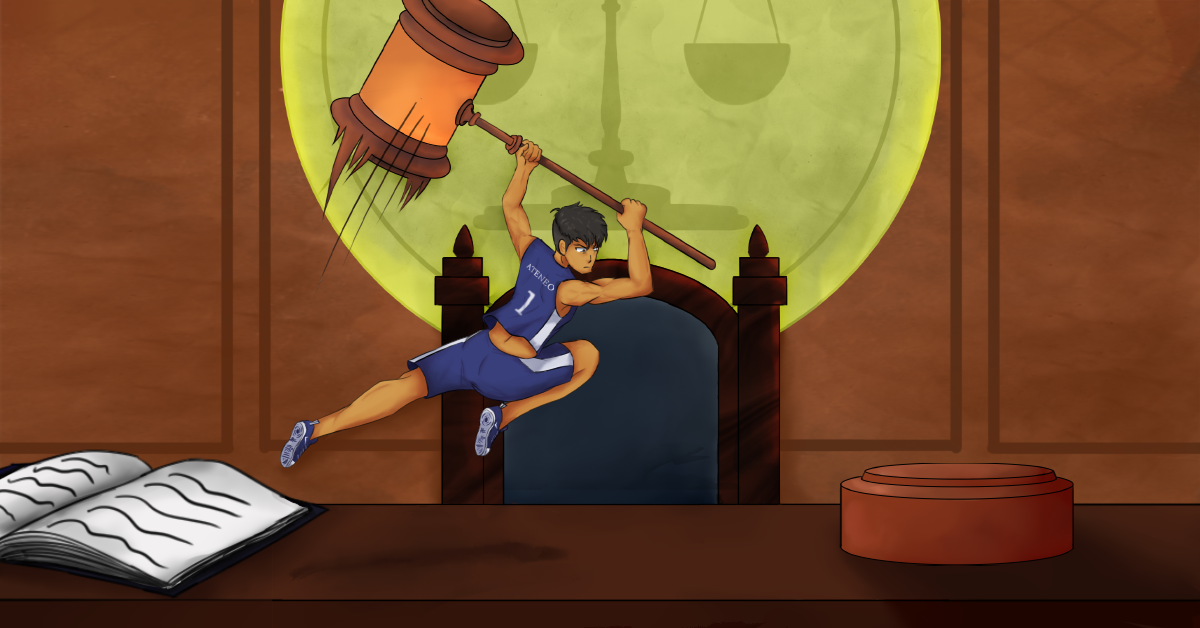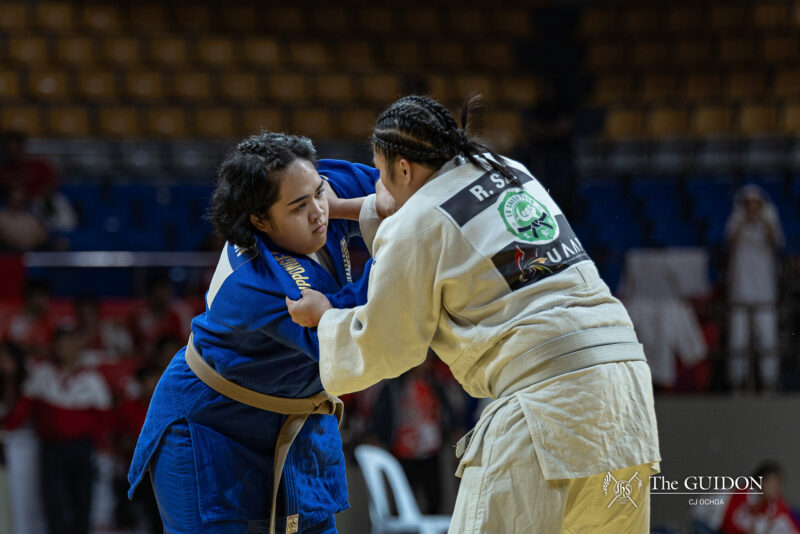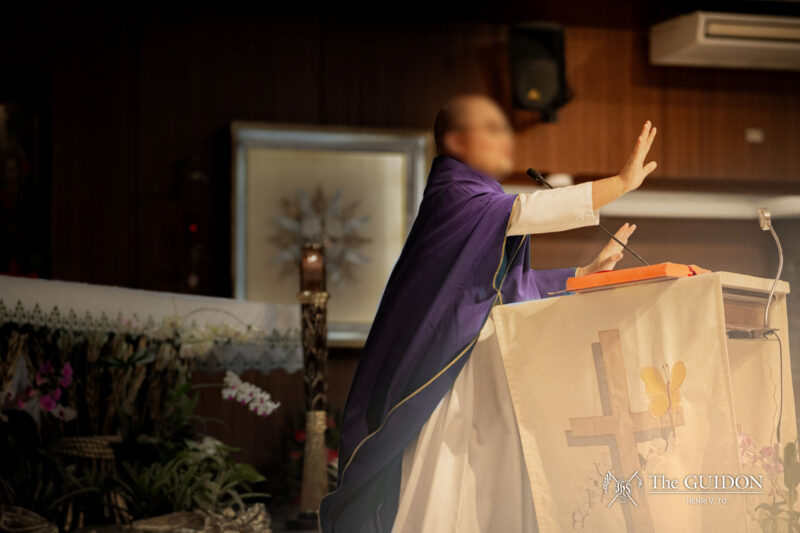IN THE world of sports, legislation plays a major role in the development of athletic programs. These developments occur across various fronts such as team composition, tournament regulation, and league-wide operations. Recently, the Philippines has seen a surge in bills concerning esports, combat sports, and collegiate basketball. Depending on how these developments pan out, these legislations could have major implications on their respective sports moving forward.
A win for Philippine esports
Last August 2020, an alliance of esports teams and organizations called Philippine eSports Organization (PeSO) made a unified bid for National Sports Association (NSA) accreditation from the Philippine Olympic Committee (POC). With the support of the POC—the sole authority in international competition matters—PeSO would be able to streamline efforts in improving the state of esports. After months of review, PeSO was formally recognized by the POC and became the official esports NSA on October 9, 2020, marking a major milestone in the local esports landscape.
As the governing body for Philippine esports, PeSO is expected to spearhead the development and promotion of esports. While other esports organizations may continue to do this individually, PeSO’s status as an NSA puts them in the best position to create meaningful change for local esports. Just last month, PeSO partnered with Mineski Philippines to promote the development of esports through the newly established Youth Esports Program (YEP)—a campus-based initiative that promotes esports as a co-curricular activity within schools.
Given the developments with PeSO, Ateneo’s University Athletics Office (UAO) Director Emmanuel Fernandez believes that the designation of an NSA will result in wonders for the sport it is responsible for. “It’s really up to [PeSO], but any NSA is there to develop the sport. [The NSA] should be beneficial to the sport itself, or for the people who practice that sport,” he shared.
With PeSO formally recognized as esports’ official NSA, the local gaming community has now taken major steps toward establishing themselves as a thriving industry in the world of sports.
While the recognition of PeSO is a big win for Philippine esports, the proposal of a controversial house bill may hinder the development of a different sporting scene: Combat sports.
In danger
On December 5, 2020, a controversial House bill that sought to prohibit the participation of athletes below 18 years old from competitive full-contact sports was filed. Given the bill’s loose definition of terms, which includes vague interpretations of terminologies like “full-contact sports” and “semi-contact sports,” its scope is currently unclear as it could also include sports like basketball or football.
Hours after news broke about the bill, combat sports NSAs, athletes, and coaches took to social media to express their dismay over the proposal. In a bid to rally support against the proposed bill, all 13 combat sports NSAs released a joint counter-statement which detailed recommendations geared toward aspiring combat sports athletes. POC President Bambol Tolentino also critiqued the bill in a Philippine Star article. “Our sports will go backwards. We will lose our chances for gold medals. What will happen to our grassroots developmental programs?” he said.
Widely criticized and opposed, the bill’s negative reception is due in large part to the potentially damaging impact that it could have on the development of combat sports. Based on current guidelines presented, it can be assumed that minors would still be allowed to practice in a non-competitive setting, but sparring and competitions—no matter how safe and regulated—would no longer be allowed. The lack of competition will thus completely change how combat sports athletes develop. “[Athletes] cannot be relying on training and physical fitness without actual competition because sometimes, it’s the actual competition that will give you experience,” said Fernandez.
Moreover, the bill could hamper the country’s ability to compete in international competitions as combat sports national teams are unable to produce top athletes. Given this development, achieving sporting glory in combat sports may eventually be a thing of the past.
While the bill and its potential effects are concerning, the strong opposition from the combat sports community is a positive sign that the future of the sport and its athletes are in safe hands. However, this bill and combat sports currently find themselves at a stalemate as no further developments have surfaced.
Apart from combat sports, Congress also looks to leave its mark on the national basketball scene with a different bill altogether.
Potential loophole
With Gilas Pilipinas looking to bolster its ranks, Congressman Roberto “Robbie” Puno has authored House Bill No. 8632 which aims to grant Filipino citizenship to Ateneo Blue Eagles center Angelo Kouame. Just this month, calls for Kouame’s naturalization received a major boost as the bill passed its third and final reading in Congress.
However, with the bill still needing to obtain the stamp of approval from the Senate and Office of the President, Gilas Pilipinas’ plan to draft the Ivorian native is at a standstill. While the process of naturalization to play for Gilas Pilipinas is nothing new, Kouame’s case is interesting because of the implications that his naturalization may have on collegiate basketball.
If Kouame’s Filipino citizenship is granted, he would no longer be classified as a foreign student-athlete (FSA) in the collegiate ranks. This development gives rise to a potential loophole in the University Athletic Association of the Philippines’ (UAAP) rule book which could allow the Blue Eagles to field another import.
Although Fernandez and Blue Eagles Head Coach Tab Baldwin have expressed their unwillingness to play two imports for the sake of competitive fairness, this potential loophole is still an area for concern. If left unchecked, universities might begin to naturalize FSAs in order to field two imports which could affect the competitive integrity of UAAP basketball.
As the rules stand, this outcome is quite realistic, but Fernandez admitted that the league and its officials have remained vigilant by monitoring the possibility of two imports. “[Fielding two imports] could be [a possibility], but definitely the UAAP will make sure that it will not happen,” Fernandez stated. “For me, it would be unfair to the entire UAAP,” he added.
The rule of law
With the accreditation of PeSO, a house bill’s possible implications on combat sports, and the naturalization of Kouame, fans are getting a glimpse of the role and impact that legislation has in the world of sports. While these developments may present certain challenges, there exist individuals and parties alike who strive to do their best for the greater good of Philippine sports. With NSAs, players, and lawmakers at the helm of it all, the future of local sports is definitely headed in the right direction.







